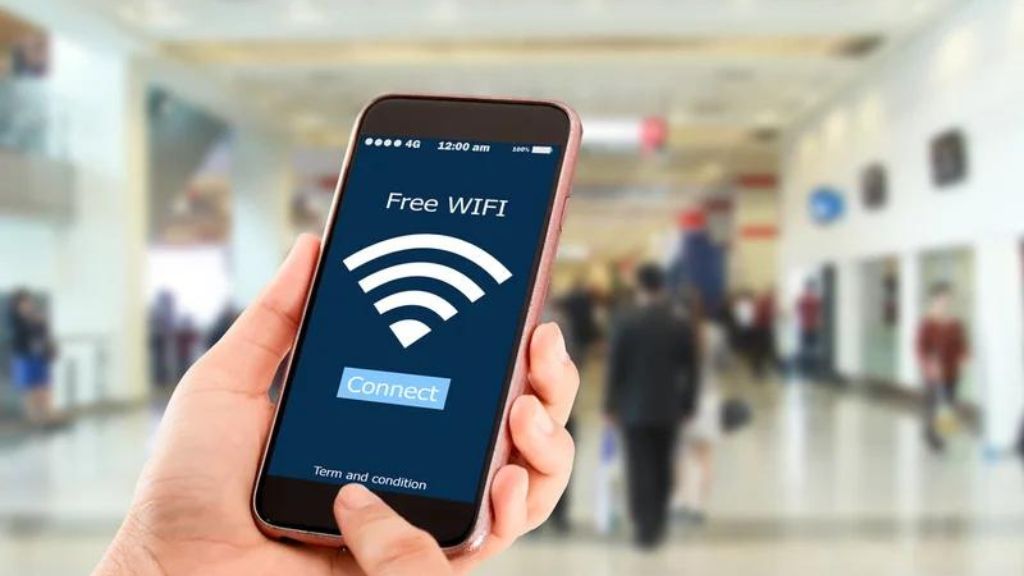In a recent cybercrime case, a 42-year-old West Australian man has been charged for allegedly setting up fake free WiFi access points to steal personal data from unsuspecting users. The man is scheduled to appear in Perth Magistrates Court on June 28, 2024, facing nine charges related to cybercrime.
The Australian Federal Police (AFP) Western Command Cybercrime Operations Team found numerous personal credentials and fraudulent WiFi pages on the man’s seized devices. The investigation began in April 2024 after an airline reported a suspicious WiFi network detected during a domestic flight.
When the man returned to Perth Airport from an interstate flight on April 19, 2024, AFP investigators searched his baggage and seized a portable wireless access device, a laptop, and a mobile phone. Further searches at his Palmyra home led to his arrest on May 8, 2024.
The man allegedly used a portable device to create “evil twin” WiFi networks that mimicked legitimate services. Users connected to these networks were redirected to fake web pages, where they were tricked into entering their email or social media logins. This data was then stored on the man’s devices, potentially giving him access to victims’ personal information, including online communications, stored images, videos, and bank details.
The AFP has identified fraudulent WiFi activities at airports in Perth, Melbourne, and Adelaide, on domestic flights, and at locations linked to the man’s previous employment. The investigation is ongoing to assess the full extent of the alleged crimes.
Detective Inspector Andrea Coleman of the AFP Western Command Cybercrime unit emphasized the importance of caution when using public WiFi. She advised against entering personal details to connect to free WiFi networks and recommended using a reputable VPN to secure data. Additional safety tips include disabling file sharing, avoiding sensitive transactions while connected to public WiFi, and turning off WiFi on devices when not in use.
To enhance online security, Det-Insp. Coleman suggested using passphrases instead of passwords, avoiding repeated use of the same passphrase across multiple accounts, utilizing an online password manager, and keeping software updated.
The Importance of Using PC Matic VPN
Protect your online data, especially when using public WiFi networks. One of the most effective tools for safeguarding your personal information is a virtual private network (VPN) like PC Matic VPN.
PC Matic VPN provides a secure and encrypted connection, ensuring your data remains private and protected from prying eyes. When you connect to a public WiFi network, a VPN masks your IP address and encrypts your internet traffic, making it virtually impossible for hackers to intercept your data.
Key benefits of using PC Matic VPN include:
Secure Connection
Ensure your privacy is protected wherever you are, even when using unsecured public Wi-Fi networks.
True Privacy
Hide your internet activities from hackers, online spies, employers, ISPs, governments, and more.
Mask IP Address
Become anonymous, hide your IP over IPv4, and block IPv6 requests with DNS leak protection.
Unblock Restricted Content
Bypass geo-restrictions and enjoy your favorite streaming services and content from anywhere.
No Logging Guarantee
With a strict no-log policy, browse with peace of mind knowing none of your network data is tracked, stored, or shared.
Advanced Encryption
Safeguard your incoming and outgoing data with the latest encryption standards, including 256-bit AES encryption.
To further protect your online security, use a VPN with other safety practices, such as disabling file sharing, avoiding sensitive transactions on public networks, and regularly updating your device settings and passwords.




